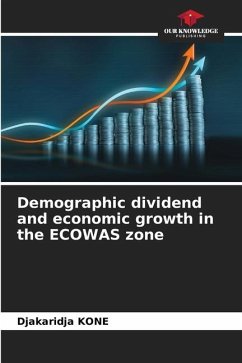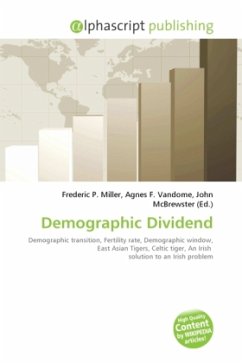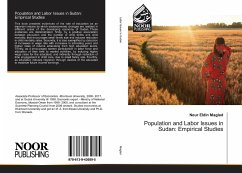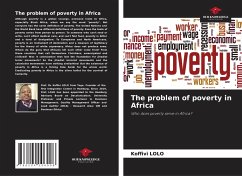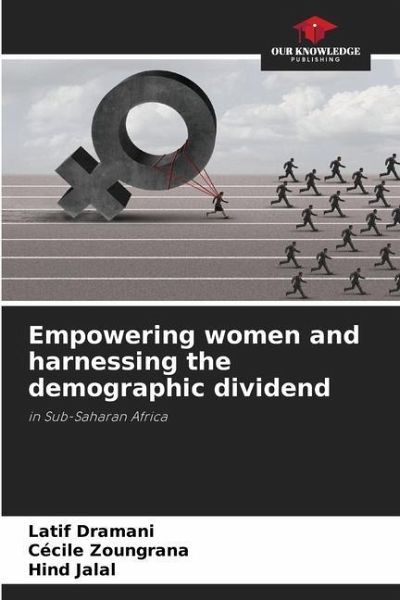
Empowering women and harnessing the demographic dividend
in Sub-Saharan Africa
Versandkostenfrei!
Versandfertig in 6-10 Tagen
27,99 €
inkl. MwSt.

PAYBACK Punkte
14 °P sammeln!
In the present book we study the gender variable in economic dependence through disparities perceptible in consumption, labor income and life-cycle deficit profiles on the one hand, and through disaggregated economic support ratios on the other. This enabled us, firstly, to study specifically the level of economic independence of Sub-Saharan African women from an empowerment perspective and, secondly, to estimate the potential and actual contribution of these women to the demographic dividend of their respective countries. Twelve Sub-Saharan African countries were studied, and the analysis rev...
In the present book we study the gender variable in economic dependence through disparities perceptible in consumption, labor income and life-cycle deficit profiles on the one hand, and through disaggregated economic support ratios on the other. This enabled us, firstly, to study specifically the level of economic independence of Sub-Saharan African women from an empowerment perspective and, secondly, to estimate the potential and actual contribution of these women to the demographic dividend of their respective countries. Twelve Sub-Saharan African countries were studied, and the analysis revealed significant differences between men and women, with greater or lesser gaps to the disadvantage of women, depending on the country considered. The differences between countries in the economic dependency of women and men at different ages are largely determined by the age at which individuals enter and leave the labor market, and therefore subsequently by the duration of surplus and deficit states in the life cycle.



